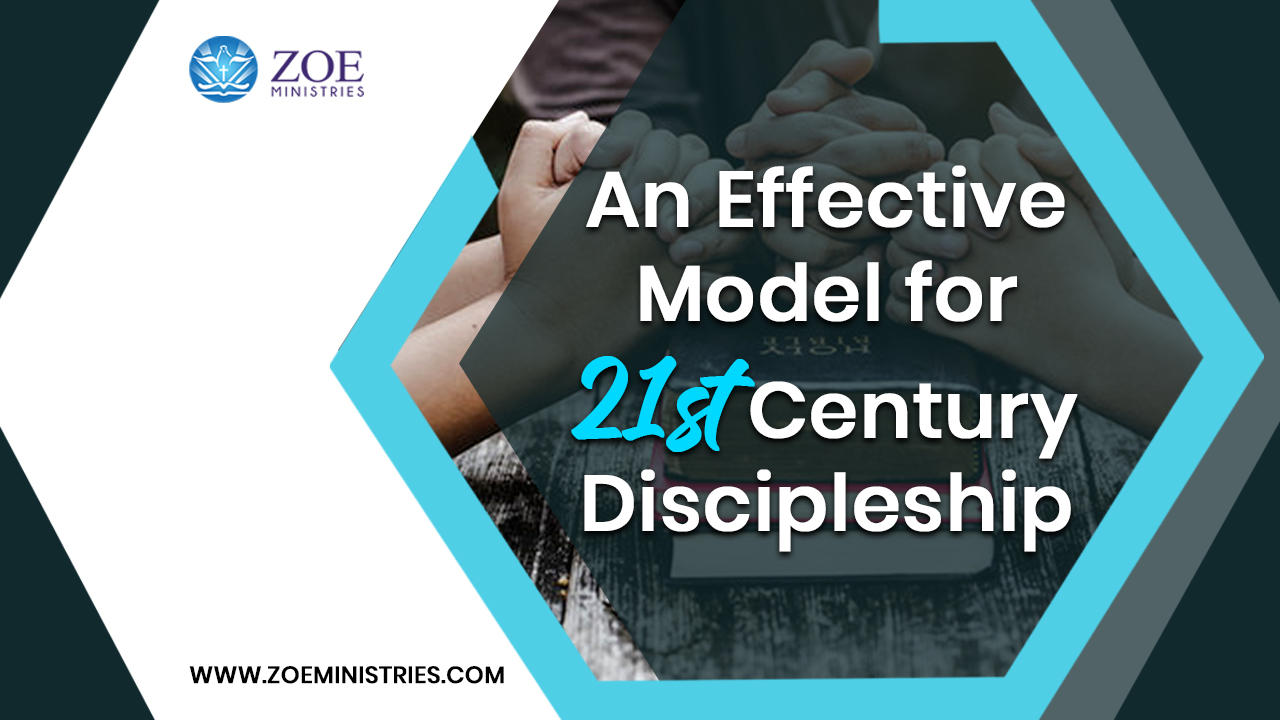Excellence Creates Your Influence
Excellence Creates Your Influence
If you bring value to that field through excellent service in love, you have a right to talk about anything you want to talk about, and they are all going to listen and say, “Yes, please tell me more.” If you storm into your office and say, “Hello, everyone. I’m a Born Again Christian, and it’s about time that somebody heard the word of the Lord up in here,” then you have just made yourself a strong argument against Christianity.
Are you walking the talk?
Have you ever seen these horrible drivers with a Jesus bumper sticker on their vehicles? There was one time wherein I wanted to stop one guy one time and tell him, “Listen, you can put Satan on the back of your car. Be an adverb for him because you’re not telling me anything about Jesus at all.”
It’s about understanding a presence you are meant to bring into an industry. That’s the first key to ministry in the marketplace. It’s not a message that you get. Although, we have an important message to plant. You can bring the presence of Christ before you bring the message of Christ.
Someone said, “I’m going to bring the message.” You say that because you don’t understand covert kingdom operations. You don’t understand that God does not have to be named to be present. He doesn’t have to be announced to arrive. That’s the real message of Esther. Did you know that?
Esther is the one book in the Bible in the name God doesn’t appear. But God is all over the book because Esther is a covert agent who gives God access to the king’s bedroom. It’s covert and about bringing a presence into a field that establishes your credibility to speak.
Then, there is Joseph the Dreamer. He brought so much value to the kingdom of Egypt. An archeologist said that they had identified a time, and that seems to match up with the Joseph saga chronologically when Egypt was monotheistic. These are just a few examples that we will go into deeper as we discuss insiders’ accounts in the Bible.
How can you contribute?
You can add massive value to the people’s lives in your workplace. Once you do this, you can influence a person’s faith. They will be thinking, “You do not add any value to my life. Why do I have to care about you or your faith?” No one cares about why you value your faith until they know how much you care.
When you approach them without adding value to their lives or showing them that you genuinely care for them, you are just creating a debate about religion. Get out of the business of debating religion.
If I can feed you and clothe you, I can talk to you. That’s what Jesus did. You see Jesus bringing massive value into people’s lives, and that’s what made His words credible. Without the miracles, who would have listened to Jesus? Think about it. The purpose of the gifts is to give credence to your message. Think about how you are being an Insider to your workplace.
Your weekly dose of prophetic wisdom and anointing awaits you. Join our LIVE Conference Call!
1) Call 515-604-9266
2) Go to startmeeting.com, and use the login: BishopJordan
























